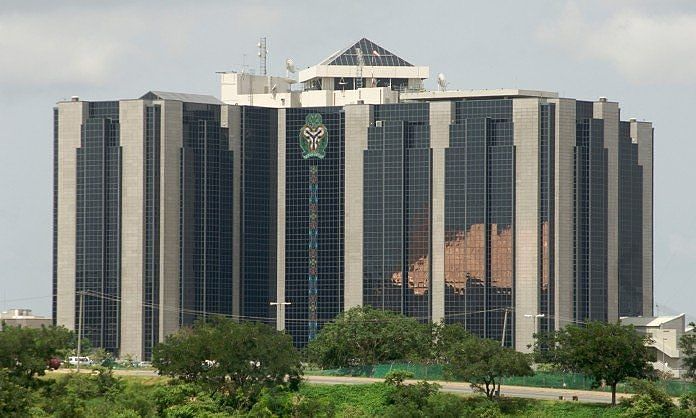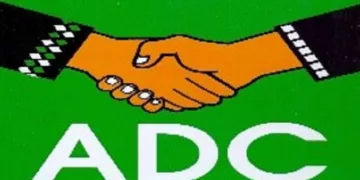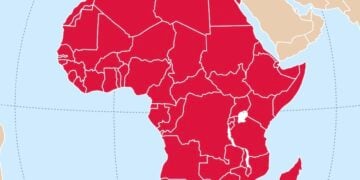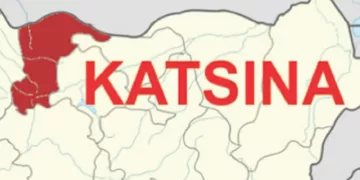Recent disclosures from a Special Investigator appointed by President Bola Tinubu have brought attention to the practices of the Central Bank of Nigeria (CBN) and the Ministry of Finance during the previous administration. These revelations have sparked discussions about the use of “Ways and Means” as a crucial financial mechanism employed by governments, a concept that might not be widely understood among the public.
The leaked memo allegedly authored by the Special Investigator and reported in the media pointed fingers at some former government officials, citing an apparent unaccounted sum of N17.369 trillion. It is important to note that the objective of this article is not primarily to defend these former government officials (as they are more than capable of defending themselves). Instead, it aims to offer perspective and educate the public, particularly in response to a memo segment stating that over N17 trillion could not be accounted for.
The Special Investigator, wrote in the memo, “The sum of N17.369 trillion remains unaccounted for, as neither due appropriation nor approvals exist to support the diversion of public funds through this medium. This constitutes an offence under the penal code as applicable in the Federal Capital Territory to which actors and conspirators, in this instance, are liable.”
Surprisingly, even those propagating the narrative of an unaccounted N17 trillion might not comprehend that many Nigerians are unfamiliar with the purpose of Way and Means in meeting government financial commitments. A better context for Nigerians would be to unearth the origins of Ways and Means, and how it comes to play here.
The concept of Ways and Means finds its origins in the 17th-century British Parliament, primarily addressing the provision of revenue to meet national expenditure requirements. In Nigeria, it manifests as a tool allowing the Federal Government to acquire loans from the Central Bank to fulfill financial obligations, especially during revenue shortfalls. It’s crucial to emphasize that such practices are legal and serve the public interest by bridging financial gaps when revenues fall short of budgeted estimates.
During Nigeria’s economic challenges, particularly significant revenue shortfalls due to declining oil revenues, the government resorted to utilizing Ways and Means regularly. However, it’s important to acknowledge that these actions were governed by Section 38 (2) of the CBN Act, which stipulates limits on such advances, even though the previous administration surpassed this limit, exceeding the prescribed five percent ceiling, with the nation’s Ways and Means escalating from N856 billion to N23.8 trillion in seven years, a 2,635 percent increase.
It’s essential to understand that this overreach beyond the stipulated five percent can be considered an economic ‘doctrine of necessity’ due to the extraordinary financial strain the country experienced during that period. This exceptional circumstance led to Senate discussions and the subsequent passing of a bill to increase the Way and Means benchmark from five percent to fifteen percent in 2023. In his lead debate, (Sokoto East-Senate Leader) which was tagged on the Central Bank of Nigeria Act (Amendment) BILL, 2023 (SB. 1125), emphasized the significance of this amendment in empowering the Federal Government to execute pivotal projects aimed at stimulating and revitalizing the economy. The Bill was read for the first time in this Chamber on Wednesday, May 24, 2023. This amendment is very consequential, and it needs the support of us all. However, one must consider the broader context.
In 2016, Nigeria witnessed its lowest oil revenue, merely earning $17 billion, a stark contrast to previous years. Whereas, in the previous year, it was $24.8billion and $54.55billion in 2014. It was $58billion in 2013 and $62.9billion in 2012. The $N10billion earned in 2016 was the lowest the nation would earn in ten years. Oil revenue improved the following year 2017 to $37billion but it was still a far cry from what it was in the four years before the Buhari administration came into office.
The economic downturn significantly affected the government’s ability to meet its fiscal targets, leading to reliance on borrowing to finance essential developmental projects in 2016. The implementation of the Treasury Single Account (TSA) policy aimed to curb fund misallocation and corruption within government agencies. Nevertheless, it remained a challenging budget year due to various factors, including disruptions in oil production in the Niger Delta region.
The 2016 budget was intended to enhance capital expenditure compared to previous years, necessitating a higher projected expenditure than revenue. The budget deficit was anticipated to be financed through borrowing from domestic sources, where the Way and Means came into play. Additionally, the budget aimed to retire maturing loans, a segment appearing under the Debt Service section for the first time.
This increased allocation for capital expenditure, significantly higher than previous estimates, was designed to align with the government’s objective of diversifying the economy. The focus was on substantial investments in infrastructural development and Federal Government Special intervention programs, reflecting a 900% increase from the 2015 estimates.
The above elucidation does not isolate the 2016 budget but pays special attention to capital expenditure, projected revenue shortfalls, and the unavoidable need to bridge these gaps. It is noteworthy that Nigerians have consistently lamented the allocation of a significant portion of the budget to recurrent expenditure, highlighting the necessity for change.
In summary, the application of Ways and Means during that period aimed to mitigate the economic downturn’s effects, support capital projects, and stimulate the micro-economy. It’s imperative to understand the context within which these financial tools were utilized and acknowledge their contribution to sustaining essential public services and infrastructure development.
– Olowo, a public finance analyst, wrote in from Abuja











